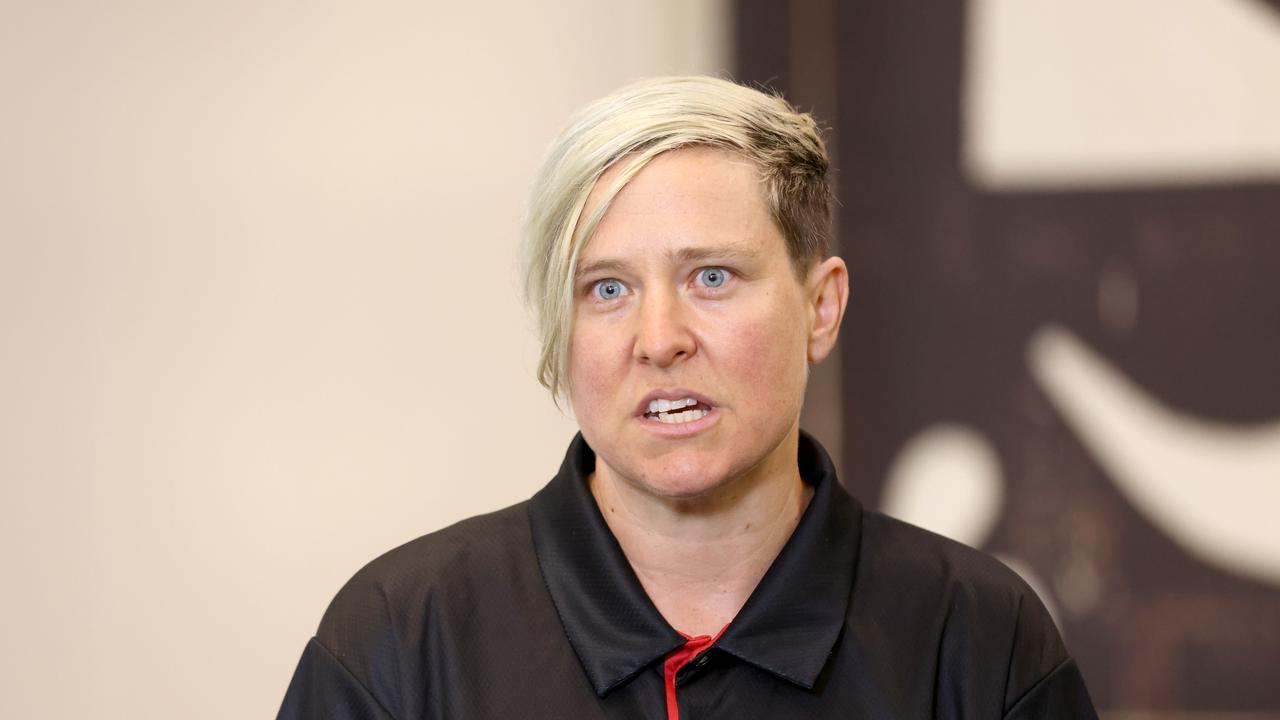Vulnerable Queensland children suspended eight times more than peers
There are calls for an urgent parliamentary inquiry to reverse a worrying trend in school ‘punishments’ being dealt out to some of our most vulnerable children.
Education
Don't miss out on the headlines from Education. Followed categories will be added to My News.
Queensland’s most vulnerable children are being suspended at eight times the rate of their peers triggering calls for an urgent parliamentary inquiry to reverse the alarming trends.
Five leading children’s advocacy groups have joined forces in a campaign calling on the state government to conduct an inquiry into the shocking suspension rates.
Data from the Queensland Advocacy for Inclusion showed students with a disability, living in out of home care who were Indigenous were eight times the risk of suspension than students not in any of these groups.
The groups have called on the state government to slash the suspensions among students with a disability in half within five years.
Queensland Advocacy for Inclusion chief executive Matilda Alexander said suspensions and disciplines were “disproportionately” going to students with a disability.
Ms Alexander pointed to alarming statistics from 2016-2020 which showed students with a disability received nearly half of all short-term suspensions, despite making up just 17 per cent of the Queensland school population.

“Disabled students are struggling in the classroom because they don’t have the supports they need to thrive,” Ms Alexander said.
“Suspensions won’t change anything because these kids need support, not punishment.”
Ms Alexander said disabled students could not be prepared for life after school unless they spent time in the classroom.
PeakCare Queensland’s Tom Allsop said the rate of suspensions and expulsions of students with a disability should be “deeply concerning” for everyone.
“By committing to and properly investing in the right to education of every student, we can create a better future for all Queensland students with a disability,” he said.
“This includes a better future for our First Nations students with disability, who experience five times the rate of suspension, and our students living in out-of-home care with disability who are six times more likely to be suspended than their peers.”

Brisbane mother Debbi Jones joined the calls for change having raised three children who all have varying special needs.
Ms Jones has her own physical and intellectual impairment and says there is no support system for people in her unique situation.
She said her eldest son, who she asked not to be named, was suspended nearly 20 times across years 4-6 resulting in him being three years behind in learning by the time he hit high school.
“He is fun, empathetic, interesting boy. But he would have no way of handling being confused and would sometimes get aggressive over silly things. Schools just didn’t have a way of handling that,” Ms Jones said.
“He’s be in behaviour management, excluded from school in the padded room.”
Education Minister Grace Grace said it was “very concerning” that some cohorts were over-represented in student disciplinary absences.
She did not know whether an inquiry was on the table, but she had asked the department to review the issue last year.
Following the review, she said preliminary data had showed a decline in overall absences.
“However there is still clearly more to do, which is why addressing this issue is a key focus of our new equity and excellence strategy,” Ms Grace said.
“Some of the measures include closely monitoring student absences and acting when patterns indicate additional support is needed, establishing a dedicated position in each region, and providing professional development programs to support staff to better respond to complex behavioural issues.”
A spokesman for the Department of Education said they were working to “address systemic factors that contribute to over-representation,” of students with disability being suspended.
“This year the department has commenced an $80.9 million, two-year transition to a new funding model for Students with Disability.
“This brings the total funding support for Students with Disability to almost $1.39 billion in funding for the 2022-23 financial year. The new Students with Disability – Reasonable Adjustments Resourcing Model will provide additional resources to state schools and for the first time the model recognises all disabilities. “





